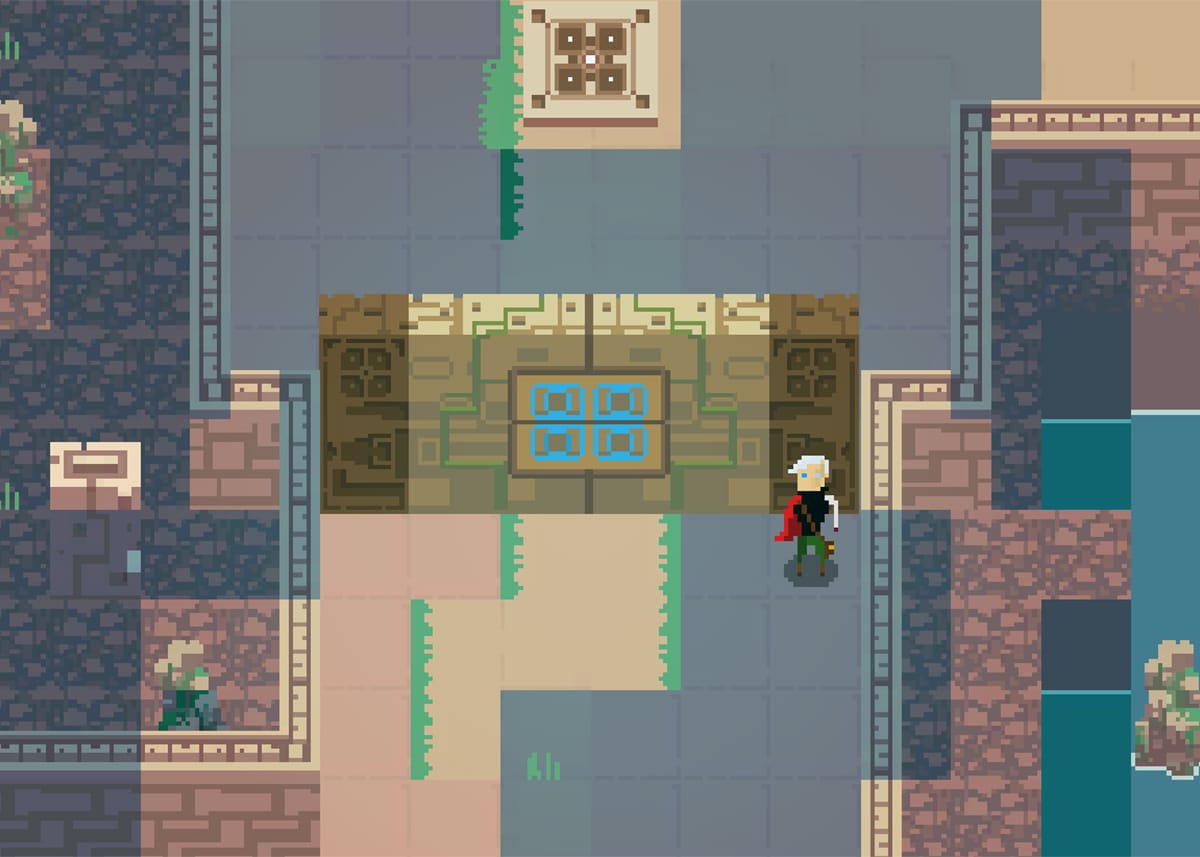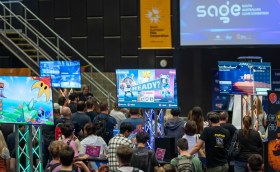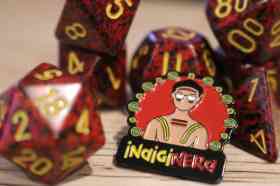Young Australian gamemakers, and Australian developers creating educational games, are being encouraged to submit their projects to be recognised by one of Australia’s longest-running screen media awards, the ATOM Awards.
Since 1982, the awards have long championed the talents of primary, secondary, and tertiary students, along with industry professionals, in the creation of film, TV, multimedia, and other digital arts. In 2022, the awards seek to provide a platform for video game creation with two dedicated categories: Best Student Game and Best Educational Game.
Video games have featured throughout the years in previous ATOM Awards, taking out prizes within multimedia categories. But as Hayden Andrews from the Australian Teachers of Media (ATOM) told GamesHub, the non-profit association is now ‘excited to platform games as peers to adjacent media industries like film and TV.’
Hayden himself is a graduate of a game design course at RMIT, but even in the years since university, he’s noticed more courses popping up to promote and teach game design at all levels of education. Even outside of formal education, there’s been a surge of interest in game making.
‘There are students creating amazing games all by themselves, creating all the assets, just because there are all these amazing resources readily available online for them. That’s really inspiring to see,’ Andrews said.
Tutorials are readily available on YouTube. Professional creation engines like Unity and Unreal are free to use. And the popularity of commercial video games that encourage user creation – Minecraft, Roblox, and Dreams, to name a few – have also inspired a generation of video game lovers to exercise their creative muscles from a young age.
‘I think parents are also starting to realise that there is merit into getting into this industry, it’s more than just a distraction. They can start to see games as something equal to film and TV as an artistic industry.’
The decision to implement the Best Student Game and Best Educational Game categories comes at a time when the Australian games industry is booming, and as state and federal governments are showing increased interest in the local games industry, with significant funding and financial support now available for creators.
It’s common for agencies like Film Victoria to recognise the value and potential in student projects, and provide the assistance needed to get them out into the wider world as a viable commercial product. ATOM hopes to help more projects like this come to light.
‘Although there are a few indie game awards and festivals in Australia, I feel like games aren’t given the same amount of recognition, even though the industry here is growing incredibly fast,’ Andrews said. ‘But it’s a really exciting time to be a part of it, and we’re excited to provide this avenue so students have a platform to get their games out there and recognised.’
The Best Student Game award is designed to celebrate video game projects made by entrants under the age of 19. It can be any kind of game, so long as it’s playable on a computer or a web browser.
The ATOM award for Best Educational Game, on the other hand, seeks to award games that have an educational motive, whether that be to help teach a topic in line with the Australian education curriculum at the primary, secondary, or tertiary stages, or even to train employees of an organisation.
The Australian industry definitely has the talent and experience for creating serious games which aim to educate people about a variety of issues via interactive methods, and ATOM hopes to elevate developers who are excelling at creating games for these purposes.
In addition to receiving an award, games entered into the ATOM categories may be featured as part of the organisation’s national screenings tour. It’s an opportunity that can provide the recognition and confidence that students need to pursue game making as a viable career, and one that can exhibit the potential of using educational games in schools and universities across Australia.
‘The ATOM awards is a great opportunity to get your art out to a vast audience, which is really exciting,’ said Andrews. ‘And in the next few years, we’re excited to broaden the possibilities for the game categories.’
Visit the ATOM Awards website for more details on how to enter your game in the awards.
The ATOM Awards are also currently accepting judge applications the game categories from industry professionals in games and education. Visit the website to learn more, and contact awards@atom.org.au to apply.





